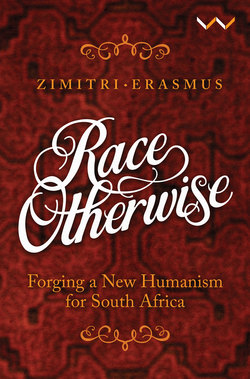Читать книгу Race Otherwise - Zimitri Erasmus - Страница 14
На сайте Литреса книга снята с продажи.
LIVING AFTER 1994
ОглавлениеI spent ten years (1983-1993) studying at the University of Cape Town (UCT). Like other black students, I applied to the apartheid state for a permit to study at this university that was reserved for white people. Industrial sociology was my ‘permit’ subject. It was not offered at the University of the Western Cape, the university reserved for people classified Coloured. I was taught the Western canon: Marx, Weber and Durkheim. At the end of 1993, I returned to Holland to complete my doctoral studies. From there, I went to London in April 1994 to join the winding queue of South Africans. I was there to cast my vote for the first time. I had just turned thirty.
On my return to the ‘New South Africa’ at the end of 1994 much of my working life continued in the corridors, lecture halls and library aisles of UCT. This time I walked on legs sturdier than those I had stood on at the time of my Trinity College music examination; legs no longer bent under the weight of an aloof whiteness on the shoulders of my student years at UCT. If my mind floundered in the struggle to make itself, my body seemed to emulate the self-assured comportment of the black Amsterdammers. Shortly after 1994, some activists described South African politics as ‘African chauvinist’ – an exclusionary politics that was premised on a narrow and reified conception of what it meant to be African; a politics that narrowly designated who had contributed to the anti-apartheid struggle, who was eligible for the benefits of ‘freedom’, and who was eligible to participate in the making of a democratic South Africa. I coupled the conception of myself as black with the idea that my culturally ‘Coloured-African’ experience was one among many black experiences. These self-conceptions, never settled, have been further troubled by more recent experiences, four of which I briefly share here. These narrations are not in chronological order.
